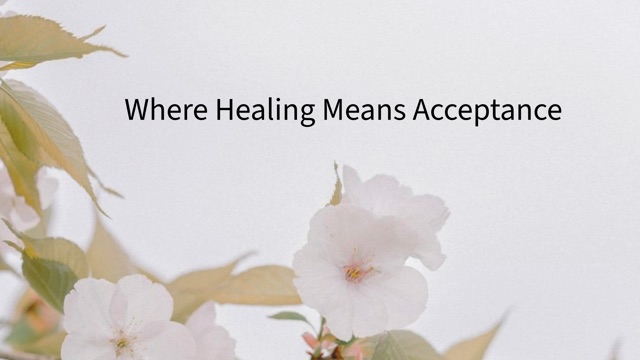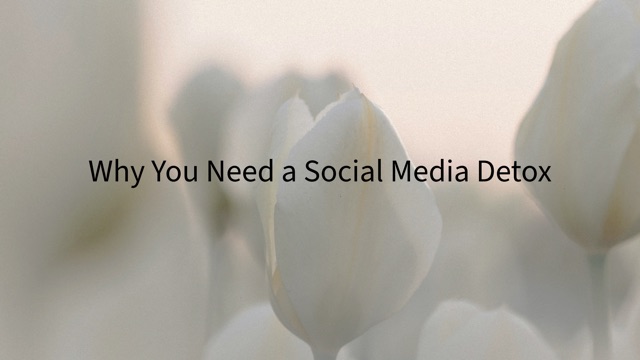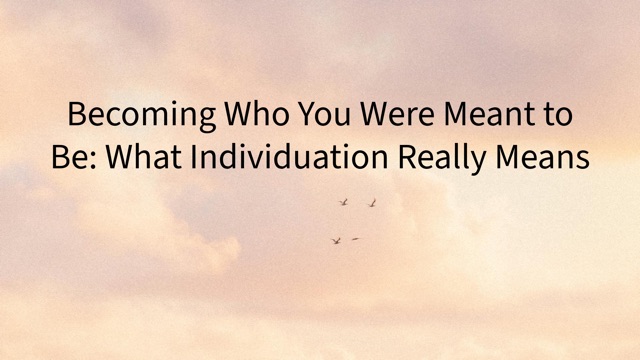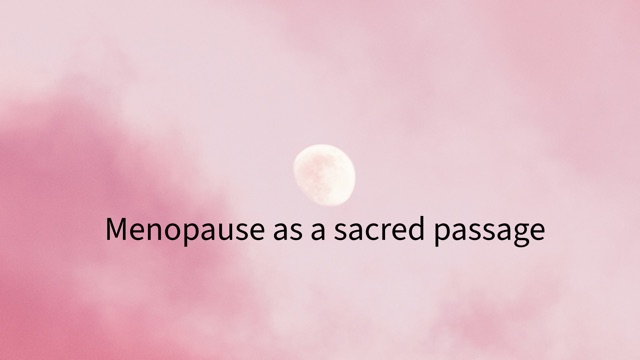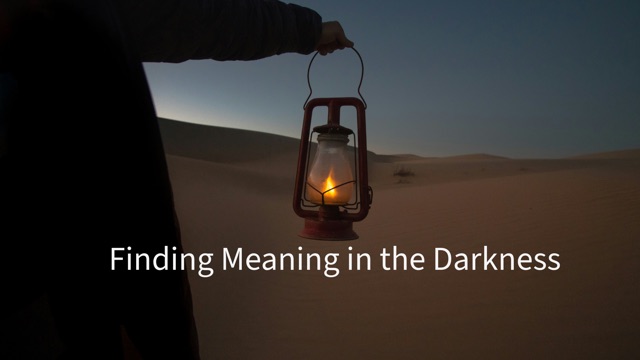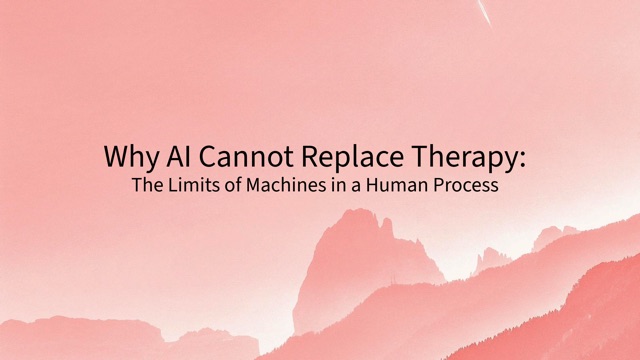The self-help space is filled with ideas of hope, change, improvement, and betterment. Yet one concept rarely given enough attention is acceptance.
Few people like to admit that some things cannot be changed or made better. They simply are. And at times, the only real path forward is to accept them.
These challenges can often turn into our deepest wounds. They confront us with the raw truth that not everything can be fixed or solved.
We need to face them with honesty and compassion rather than sugar-coating them. For many, this means coming to terms with a painful truth about their own life or the life of someone they love.
Carl Jung captured this with clarity:
“The greatest and most important problems of life are all in a certain sense insoluble. They can never be solved, but only outgrown. This outgrowing proves, on further investigation, to be a new level of consciousness. Some higher or wider interest appeared on the horizon, and through this broadening of outlook the insoluble problem lost its urgency.”
This perspective is profound. It shows that true transformation begins not always with trying to make things better, solve them, or deny them, but with acceptance.
Growth only becomes authentic when we stop resisting what is.
Yet acceptance is one of the hardest challenges in life. It asks us to surrender control and face reality.
It brings with it tremendous grief, which is deeply tied to this process. There is grief before acceptance and grief after it, sometimes stretching across a lifetime.
Before acceptance, grief feels chaotic and disorienting. It is like being caught in a fight with reality. We refuse to believe what has happened, constantly questioning how things could be different. This stage is filled with resistance, anger, and confusion. Pain is sharp, raw, and relentless.
After acceptance, grief changes its texture. The loss is still present, but the struggle softens. Instead of battling against what has happened, we begin to acknowledge it as part of our life. The sadness does not vanish, but it becomes steadier and less overwhelming. And as Jung said we may even have the chance to “outgrow” it.
Acceptance does not erase grief, but it allows us to carry it with balance, to live alongside it rather than against it.
“This requires us to surrender the picture of how we thought things should be, and step into the life that’s calling us now.”
This is a new stage in our lives, where we finally begin to flow with its rhythm rather than fighting against it, if we walk this passage successfully, a whole new chapter will begin.

